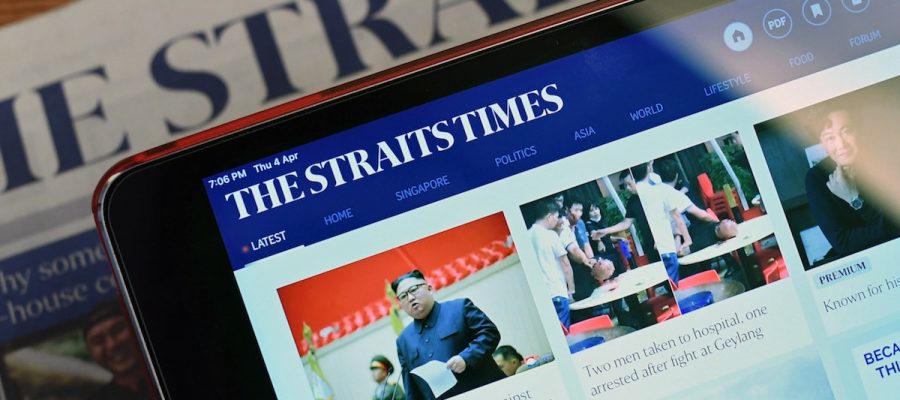
BRUSSELS/OSAKA • The European Union and South American bloc Mercosur have agreed on a free trade treaty, concluding two decades of talks and committing to more open markets in the face of a rising tide of protectionism.
Hailing it as the largest trade agreement the EU has ever concluded, European Commission president Jean-Claude Juncker said in Osaka on Friday that the two sides “are sending a strong signal that we stand for rules-based trade”.
Mr Juncker was among European leaders, as well as Argentine President Mauricio Macri, gathered for the Group of 20 (G-20) summit in Osaka, who shared a podium at the event. The four Mercosur countries are Argentina, Brazil, Paraguay and Uruguay.
“This deal promotes our values and supports a multilateral, rules-based system,” Mr Juncker said, adding that the commitment spoke a “lot, louder than 1,000 communiques”.
His remarks came as some G-20 leaders signalled difficulty in efforts to draft a summit communique, with disagreements ranging from trade to climate change.
Agricultural exports to Europe have been a key point of contention, while consumer groups warn that European Union food standards could be undermined to ease Mercosur’s access to European markets.
Ms Christiane Lambert, head of France’s biggest agricultural union FNSEA tweeted: “Unacceptable signature of a Mercosur-EU accord, which will expose European farmers to unfair competition and consumers to total deception.”
Mr Joachim Rukwied, president of the German Farmers’ Association, said he feared a fallout from the deal, though other industries see a huge potential for a big boost.
“It is unacceptable that the European Commission signed this completely unbalanced agreement,” he said. He said that agriculture must not be sacrificed in favour of the automotive industry, referring to the large auto industry in Europe.
The Association of German Chambers of Industry and Commerce welcomed the deal, which creates a market that covers nearly 800 million people. The chambers’ president Eric Schweitzer called it “extremely positive news in an otherwise rather gloomy global economic environment”, referring to the growing calls for trade protectionism in some countries.
The EU and Mercosur launched negotiations exactly 20 years ago and stepped up efforts to reach an accord after President Donald Trump’s election victory led the Europeans to freeze talks with the United States and seek other global trading allies.
The opening to Europe offers more avenues for development in South America, which has been caught in recent years between the ascent of top trading partner China and enduring US influence in the region.
The deal stands in contrast to the Trump administration’s aversion to multilateralism.
The EU’s drift away from the US has spurred on a free trade deal with Canada and helped to reach accords with Japan and Mexico.
REUTERS, XINHUA, AGENCE FRANCE-PRESSE, DPA
